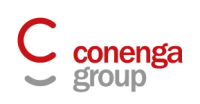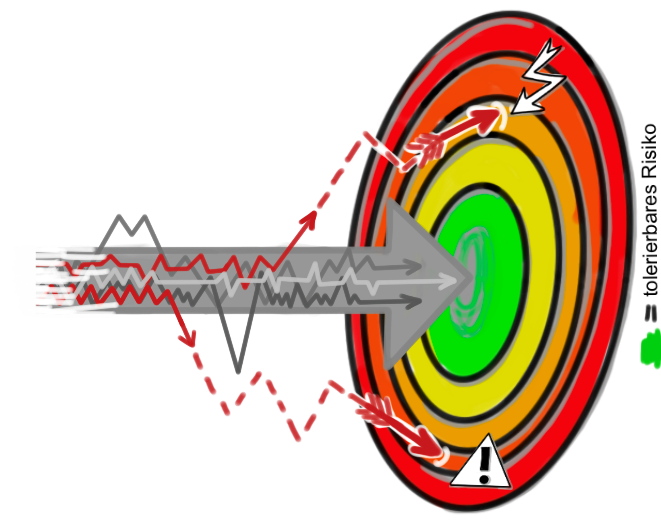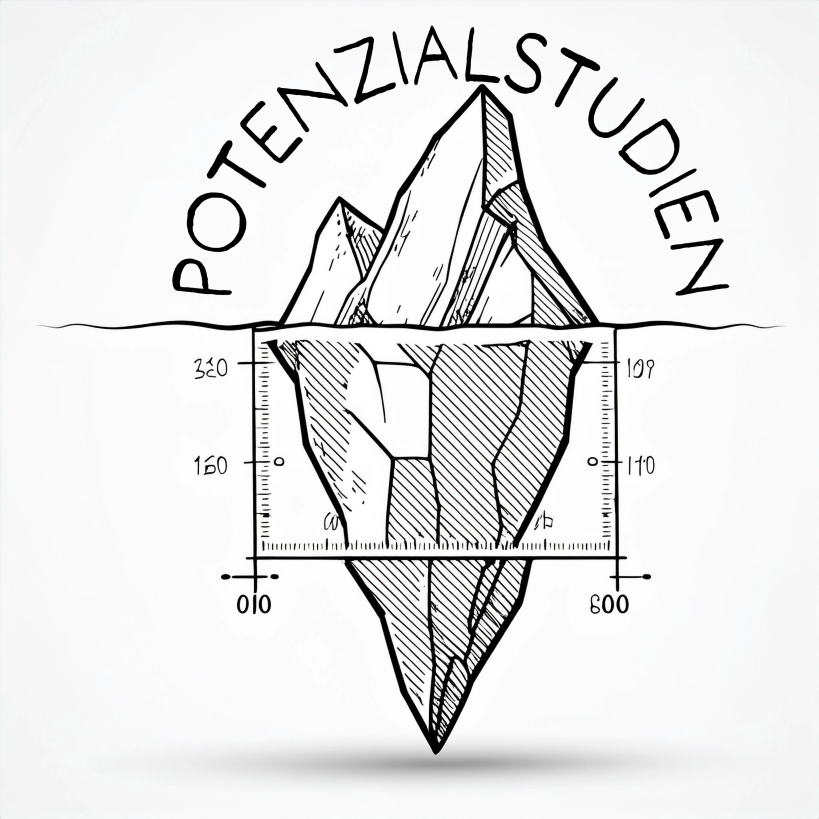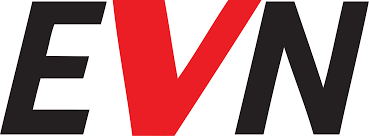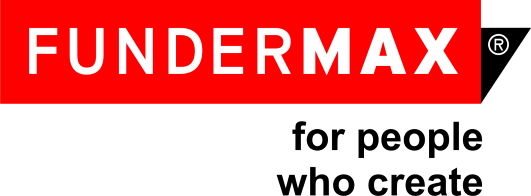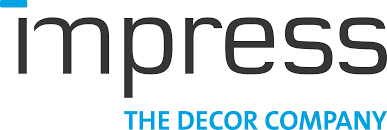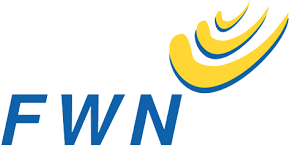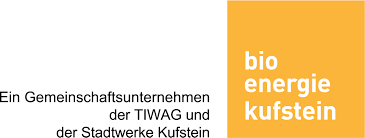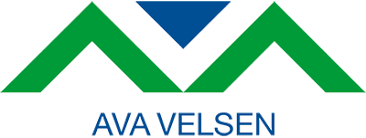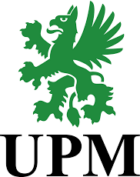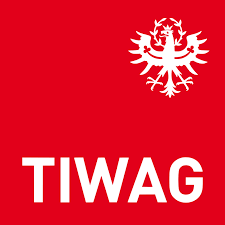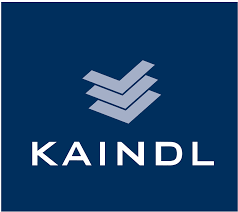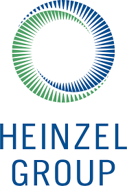Client project management
Client project management
We design the project management specifically for your project so that you as the client have continuous control over your planned project.
This service – especially for clients of complex projects – includes the content (quality, technology, engineering), the tasks and deadlines (process, milestones, completion criteria), the costs and the corresponding project organization.
The basis for this is always the agreed service profile, which can usually be refined.
The breakdown into sub-projects and work packages makes it possible to plan and track the overall project, reveals dependencies and interactions and identifies bottlenecks.
In the case of great complexity, several projects, still high uncertainties and also longer time frames, we support you in designing a project program.
Our aim is to work with you to find the best possible solution. So don’t hesitate to contact us and benefit from our expertise!
I am happy to be there for you!
Johann Sauermann is your expert when it comes to project management!
In project management, we attach great importance to not wasting any time, even in the early project phases, and to clarifying as much as possible at an early stage. This ensures that we have clear direction and sufficient resources in the “hot phases” of project work to represent your client’s interests in the best possible way.
Overall, we work with you to ensure an overview of the (sub)projects to be implemented in terms of the environment, the interactions and risks, the tasks (work breakdown structure), the deadlines (schedule/bar chart) and the costs.
![]()
For this purpose, we specifically use the following (planning) tools from the client’s perspective:
- Environment analysis, risk analysis
- Task planning, work breakdown structure
- Schedule (usually as a bar chart or schedule lists with milestones)
- Cost plan, payment plan
- Project organization, project communication, project information system
- Project controlling
All of this forms the basis for the ongoing monitoring of work and the early detection of deviations from agreed milestones. This serves to avoid excessive additional demands and to coordinate the work, particularly at critical points (technical-technological intersections or process-related requirements during implementation – especially on the construction site).
